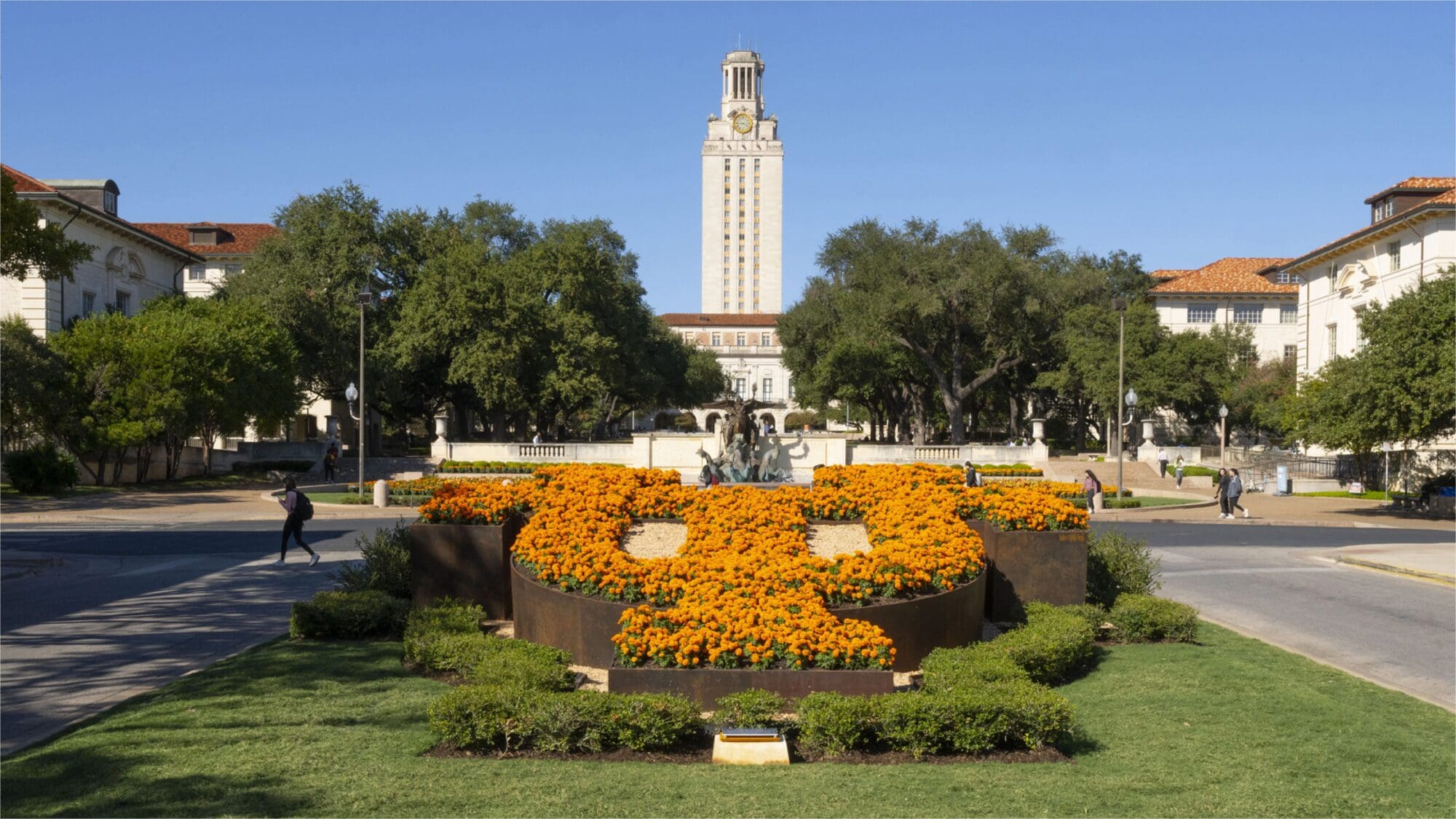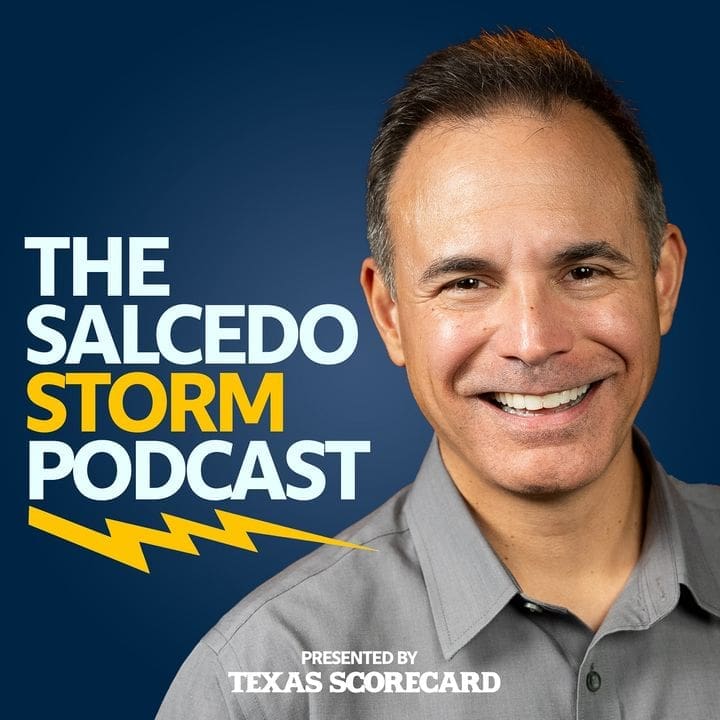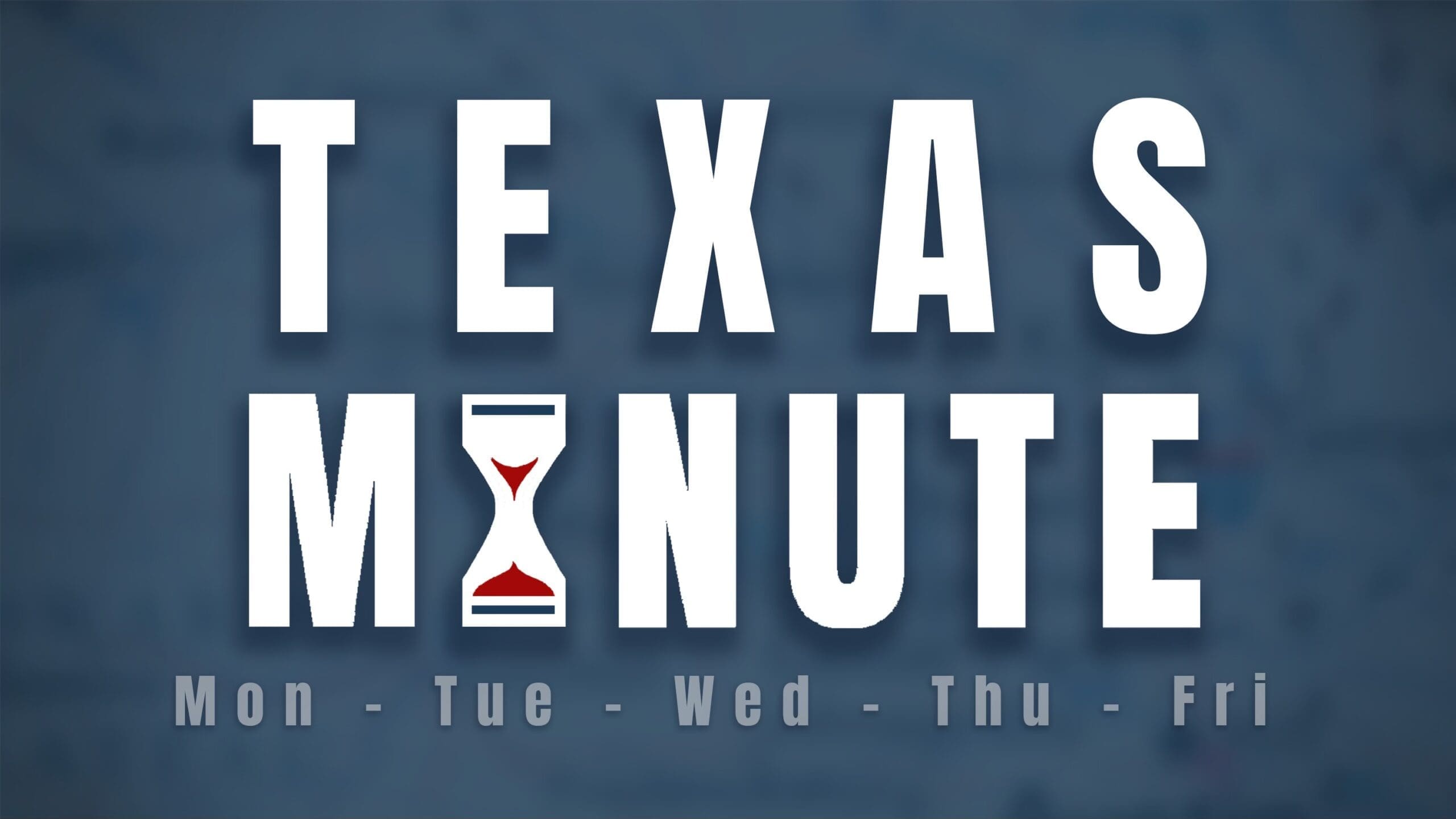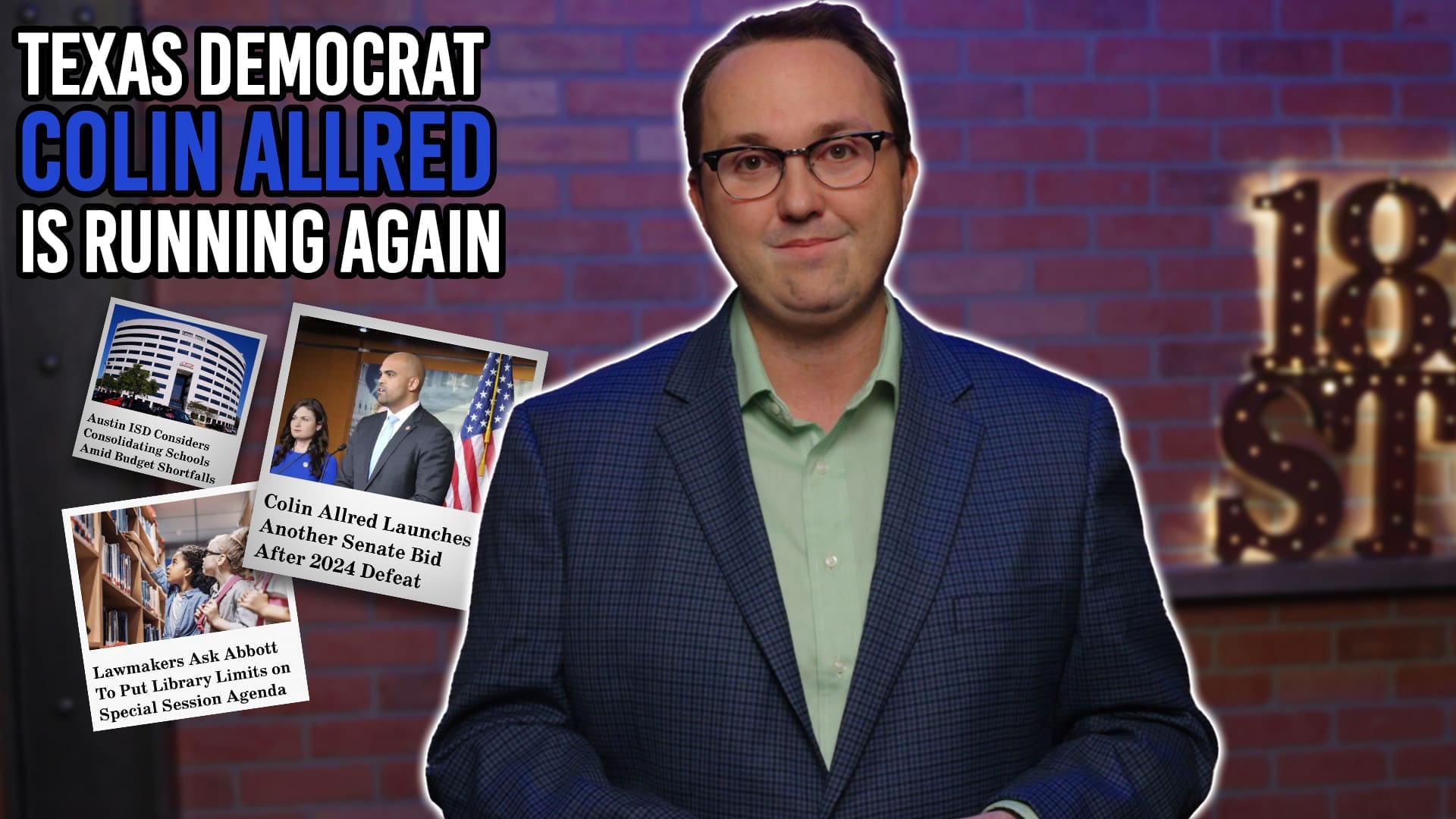Happy Independence Day! Texas Independence Day, that is. We should pause to consider not only the blessings of our great state, but the dedication of those who declared our freedom on March 2, 1836.
|
Update your flash software if the video does not appear here.
|
Texas is unique in so many ways. With 267,000 square miles, Texas is larger than France and represents 9 percent of the U.S. Mainland. From Beaumont to El Paso, Brownsville to Dalhart, Texas’ geography includes seashores, deserts, mountains, forests and plains.
No single state has fired the world’s imagination like Texas. In popular culture, Texas permeates fiction from the western heroism of a lone ranger to the modern melodrama of television’s “Dallas.”
And the reality of Texas is even stronger. No state boasts the kind of consistent economic prowess of Texas – where a vibrant and growing economy has outpaced the rest of the nation.
Texas’ modern successes are attributable in no small part to the tenacity of our founders. Texas was a self-governing Republic for a decade before agreeing to annexation by the United States.
On March 1, 1836, the Alamo was under siege. Texas’ constitutional delegates were gathered at Washington-on-Brazos. Working through the night they hurriedly drafted the Declaration of Independence. It was adopted the next morning, on March 2.
The signers of the Texas Declaration, like their American counterparts 60 years earlier, stated their views on the role of government, described the brutality of the ruling regime, and declared their self-evident right to independence.
The unanimous declaration began by noting the cause of independence: that the Mexican government had “ceased to protect the lives, liberty and property of the people.”
They noted the grievances caused by a “corrupt, and tyrannical government” that had given rise to the “hazardous but unavoidable” revolution, noting they had reached the point at which “forbearance ceases to be a virtue.”
Among the abuses suffered were demands that Texans surrender arms to the Mexican government, that schools hadn’t been established, that religious expression was not allowed, and piracy against the Texans had been encouraged by Mexico.
The revolution didn’t get off to a good start; you’d have been justified betting against it. Just four days after signing the Declaration, on March 6, the Alamo fell. The Texans then suffered losses at Refugio and Goliad and other battles in the weeks that followed.
But less than two months later, on April 21, the Texans engaged the Mexican army in a short, fierce battle at San Jacinto – in what is today Harris County, outside Houston. The battle lasted just 18 minutes. In that time, more than a thousand Mexican soldiers were injured, killed or captured, while the Texans lost just nine men.
General Santa Ana was captured the following day, and the war all but ended. Texas’ independence had been secured.
Overcoming insurmountable odds is part and parcel of what it means to be a Texan. Our forefathers charted a course for Texas by what they knew to be right and just, not easy, popular or expedient. They didn’t wait for others to free them, but took action when the times demanded it.
Even in entering the United States, Texas stands alone. We joined the Union not by conquest, treaty or purchase, but an act of will.
As ones who have inherited Texas’ bold history, it is incumbent upon us to build upon it. The boldness and grander of our mighty state’s past cannot be denied. That we have been supremely blessed is self-evident.
If we are to withstand the tests of this new century, our commitment to life, liberty and property must be as unwavering on March 2, 2009, as was that of Houston, Rusk, Childress, Ruis, Zavala and Navarro on March 2, 1836.
“God bless you, Texas, and keep you brave and strong.”




